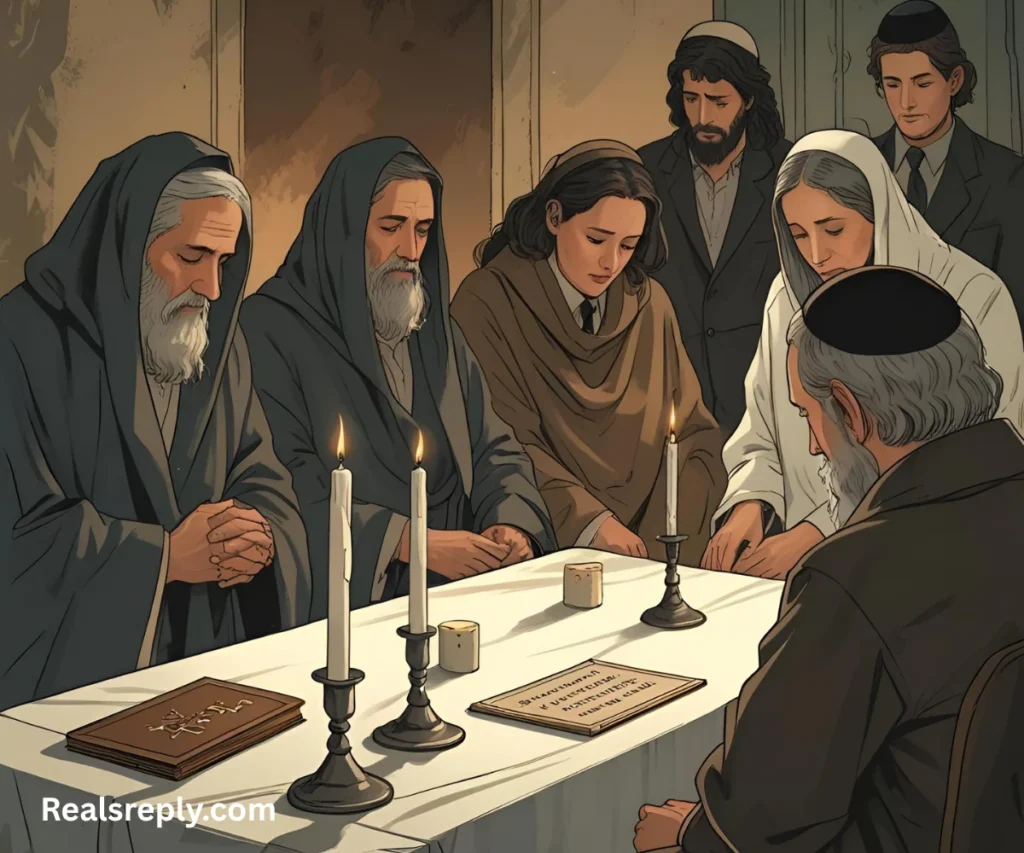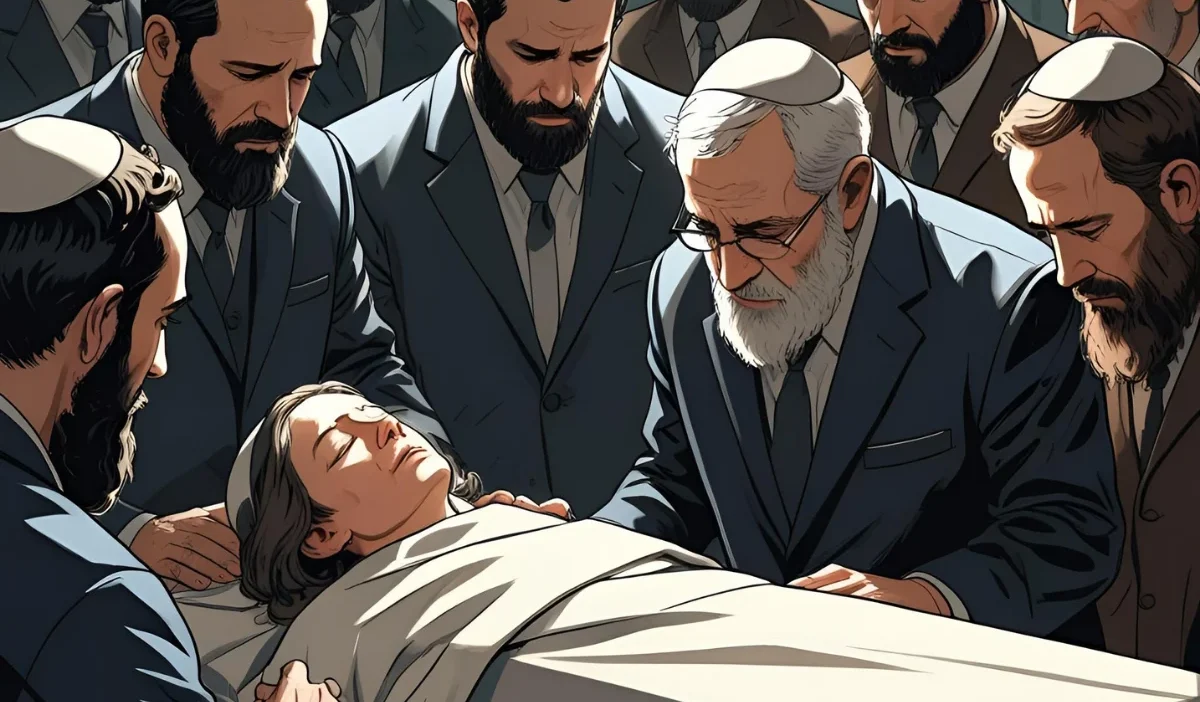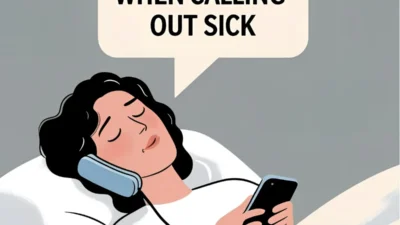Losing someone is never easy, and finding the right words can feel overwhelming, especially when honoring Jewish traditions.
When a Jewish person dies, knowing what to say when a Jewish person dies can help you offer comfort respectfully.
Jewish mourning practices, like sitting shiva, emphasize community, support, and remembering the deceased with love.
This guide will help you navigate these moments with care, offering kind words that align with Jewish customs.
Whether you’re a friend, colleague, or neighbor, your words can bring solace during a difficult time.
Let’s explore meaningful ways to express condolences, avoid common missteps, and show support in a way that honors Jewish traditions and the grieving family’s needs.
Understanding Jewish Mourning Traditions

Jewish mourning, or aveilut, has unique customs that guide how to offer condolences. After a Jewish person dies, the family may sit shiva, a seven-day period of mourning where visitors offer support. Understanding these traditions helps you choose words that resonate.
Example Scenario: Your coworker’s mother passed away, and they’re sitting shiva. You visit their home to offer condolences.
What to Say: “I’m so sorry for your loss. May her memory be a blessing.” What Not to Say: “She’s in a better place now.” This phrase may not align with Jewish beliefs about death.
Your words should focus on the deceased’s memory and offer comfort without assuming specific beliefs about the afterlife.
Offering Condolences with Sensitivity
When someone Jewish passes, offering condolences is about showing empathy and respect. Jewish tradition values simple, heartfelt words over elaborate gestures. Avoid clichés and focus on the person who died.
Example Scenario: You’re writing a condolence note to a friend whose father passed.
What to Say: “I’m deeply sorry for your loss. Your father’s kindness touched so many lives. May his memory be a blessing.” What Not to Say: “Everything happens for a reason.” This can feel dismissive to someone grieving.
Keep your message short and sincere, acknowledging the loss and the person’s impact. If you knew the deceased, share a positive memory to honor them.
Visiting During Shiva: What to Say
Sitting shiva is a key Jewish mourning practice where family members gather to receive visitors. Knowing what to say when a Jewish person dies during a shiva visit can ease the moment.
Example Scenario: You’re visiting a neighbor’s shiva for their grandfather.
What to Say: “I’m here for you. Your grandfather’s stories always made me smile. May his memory be a blessing.” What Not to Say: “You’ll feel better soon.” Grief takes time, and this can feel rushed.
Arrive quietly, offer a hug if appropriate, and let the mourner lead the conversation. Your presence and kind words matter more than lengthy speeches.
Writing a Condolence Note or Card
A written condolence note is a thoughtful way to express sympathy. When a Jewish person dies, your note should reflect respect for their traditions and focus on the deceased’s legacy.
Example Scenario: You’re sending a card to a friend whose aunt passed away.
What to Say: “Dear [Name], I’m so sorry for your loss. Your aunt’s warmth and wisdom will always be remembered. May her memory be a blessing.” What Not to Say: “She’s watching over you now.” This may not align with Jewish views on the afterlife.
Keep your note brief, mention a specific memory if possible, and use the traditional Jewish phrase, “May their memory be a blessing.”
Supporting Friends Through Grief
Beyond immediate condolences, supporting someone grieving a Jewish loved one means being present over time. Jewish mourning includes periods like shloshim (30 days) and yahrzeit (annual remembrance).
Example Scenario: Your friend is struggling a month after their sibling’s death.
What to Say: “I’m thinking of you and [Name]. Want to grab coffee and talk about them?” What Not to Say: “You should be over it by now.” Grief has no timeline.
Offer to listen, share memories, or help with small tasks. Checking in weeks or months later shows you care about their ongoing healing.
Common Mistakes to Avoid
When offering condolences, some phrases can unintentionally hurt. Knowing what to say when a Jewish person dies includes avoiding words that don’t align with Jewish beliefs or minimize grief.
Example Scenario: You’re at a funeral for a Jewish colleague’s spouse.
What to Say: “I’m so sorry for your loss. I’m here if you need me.” What Not to Say: “They’re with God now.” Jewish beliefs about the afterlife vary, and this may feel presumptuous.
Avoid asking intrusive questions about the death or offering unsolicited advice. Focus on listening and offering simple, kind words.
Conclusion
Knowing what to say when a Jewish person dies can make a big difference in comforting those who are grieving.
By understanding Jewish mourning traditions like shiva and using heartfelt, respectful words, you can show support and honor the deceased’s memory.
Whether visiting, writing a note, or checking in later, your kindness matters.
Simple phrases like “May their memory be a blessing” carry deep meaning in Jewish culture.
Keep your words sincere, avoid clichés, and let the mourner guide the conversation.
Your thoughtfulness will help ease their pain during a difficult time.




